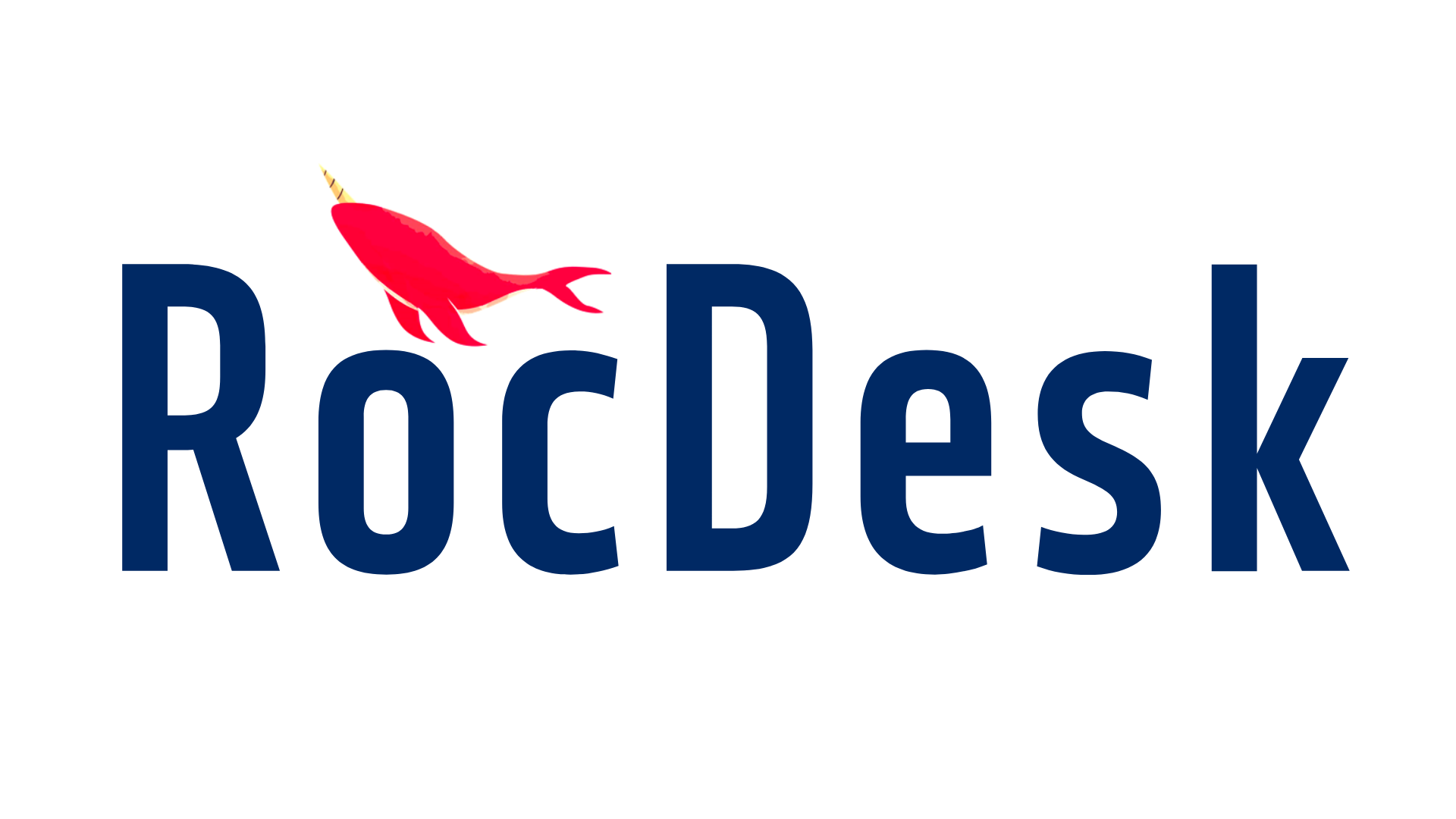The "black words" in influencer marketing that you must know!
Hello everyone! Today I want to share with you some commonly used terminology and proprietary vocabulary in influencer marketing so that you can better understand this dynamic industry. Are you ready? let's start!
KOL (key opinion leader)
KOL stands for Key Opinion Leader, they are operators on social media platforms, such as bloggers, YouTubers, Instagramers and internet celebrities. They are influential in a specific niche, have large followings and significant social media presence.
Fan economy
Fan economy refers to the economic model and business model based on fan groups. Brands establish close interactive relationships with Internet celebrities and leverage their influence and fan base to promote and sell products or services.
Drainage
Drainage refers to attracting target audiences to visit a specific website, social media account or application through various means. In influencer marketing, brands often work with influencers to share relevant links on their social media platforms to direct fan traffic to the brand's target website or platform.
Live delivery
Live streaming is a way to sell products through a live streaming platform. Internet celebrities display and recommend products to viewers during the live broadcast, and provide purchase links or discount codes. Viewers can purchase products directly during the live broadcast. Live streaming has become a very popular trend in influencer marketing.
Contract termination fee
Contract termination fee refers to the fee paid by one party to terminate the contract early during the cooperation period. In influencer marketing, when a brand or influencer decides to end cooperation early, it may be necessary to pay a contract termination fee as liquidated damages to protect the rights and interests of both parties.
Brand safety
Brand safety is when brands ensure that their advertising and collaborative content does not appear in inappropriate or controversial contexts to protect their brand image and reputation. Brands usually sign cooperation agreements with influencers and clearly stipulate brand safety terms in the agreements to ensure the compliance and appropriateness of the cooperation content.
Data analysis
Data analysis plays an important role in influencer marketing. Brands or agencies will use various analysis tools and platforms to analyze and evaluate the performance of cooperative content, fan interaction data, etc., in order to adjust strategies, optimize effects, and develop better marketing plans.
Social e-commerce
Social e-commerce is a business model that combines social media with e-commerce. Through social media platforms, influencers can sell products or services directly to fans, providing purchase links or discount codes, thereby achieving direct sales and promotion.
ROI (return on investment)
ROI stands for Return on Investment (Return on Investment), which is an indicator of the profitability of investment. In influencer marketing, brands will focus on the ROI of cooperation activities, that is, the proportional relationship between investment and return, to evaluate the effectiveness and value of cooperation.
UGC (User Generated Content)
UGC stands for User Generated Content, which refers to content created and shared by users, such as videos, comments, photos, etc. produced by fans for Internet celebrities. UGC plays an important role in influencer marketing and can increase brand exposure and social media engagement.
Brand collaboration season
Brand cooperation season refers to a specific time period of the year when brands choose to conduct cooperative marketing activities with influencers. For example, holiday seasons such as Spring Festival, summer, and Christmas or specific sales seasons may become popular times for brand cooperation.
These are some commonly used terms and proprietary vocabulary in influencer marketing. I hope it will be helpful for you to understand this industry! Remember, influencer marketing is an ever-evolving and changing field, and new terms and concepts may emerge over time. Keeping learning and updating is key to keeping up with this industry












